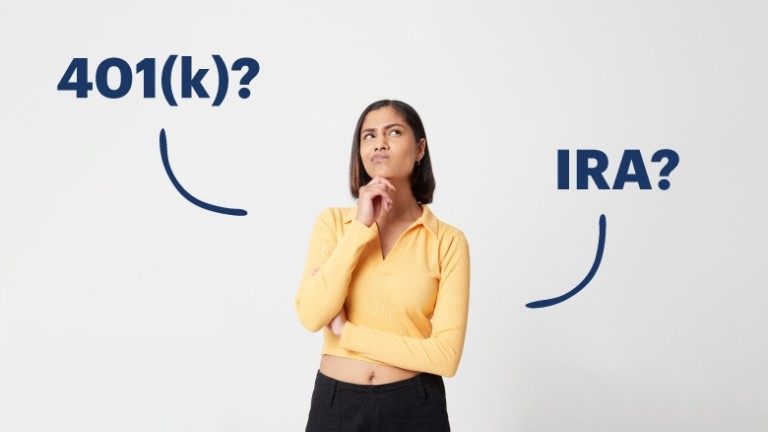Multiply your money – reap the benefits of a Roth IRA

When we were growing up, my brother and I were exact opposites in the way we approached money. He was a penny pincher and a saver and I always wondered why he needed so much money if he didn’t spend it on anything. Don’t tell him I said this, but it turns out my brother was pretty smart. He knew that by investing his money, it would multiply by the magic of compound interest. I’m not sure how, but it seems he got that magic to apply to his Halloween candy stash, too.
When you’re young, it’s easy to not think about saving for retirement. There are so many other things to save for — a first home, a family vacation, college for your children. The beauty of a Roth IRA is that it allows you to save for retirement and reap the benefits of compounding interest, while also keeping the money you invest available to use for some of those big ticket items you may need before retirement, such as a down payment on a house.
Why choose a Roth IRA?
Unlike a traditional IRA, Roth contributions are not tax-deductible, but the money you contribute can be withdrawn tax-free at any time. Money contributed to a Roth IRA has already been taxed, therefore, any qualified withdrawal on growth or earnings from the investment is tax-free.
Since the money you invest in a Roth IRA has already been taxed, contributing to one is a good way to edge against tax hikes that could happen in the future, either by tax increases or by your income rising to a higher tax bracket.
All these benefits make a Roth IRA a relatively simple way to start thinking and planning for retirement. And I don’t mean by picking out a pair of golf clubs. If you’re young and begin investing early, you’ll enjoy decades of tax-free, compounded growth. That’s growth that can’t be made up later on.
So while there is no potential tax credit for making a Roth contribution for tax year 2024, a Roth IRA will give you a jump start on your retirement by making a prior year contribution and thereby freeing up the current year to make another Roth contribution.
Who is eligible for a Roth IRA?
Anyone who earns compensation from employment is eligible, Contribution limits depend on how much you earn. The amounts differ depending on your tax status. For example, in 2024 you can contribute the maximum, currently $57,000 ($8,000 if age 50 or older), to a Roth IRA if you’re single or the single head of a household and your modified adjusted gross income is $146,000 or less. Or, if you are married filing jointly, you can contribute the maximum amount if your income is $240,000 or less. You can make contributions at any age as long as you’re working. A non-working spouse can open a Roth IRA based on the working spouse’s earnings and the couple’s tax filing status.
It’s not only the young who stand to benefit from Roth IRAs. A Roth can be a good way to leave money to heirs tax-free. Additionally, once you retire you can mix how you take withdrawals between a Roth and a Traditional IRA, which may enable you to better manage your overall income tax liability in retirement. Maybe I’ll give my brother a call and see if he knows about this — or if he has any Halloween candy left to share.
Note: The above information is not intended as tax advice. Please consult your tax professional for tax information.

